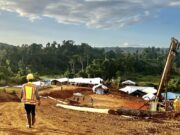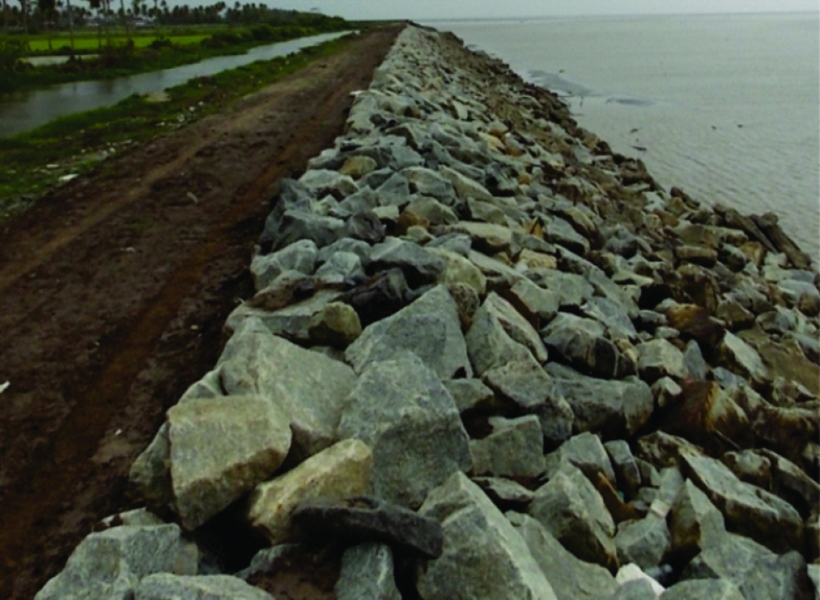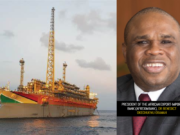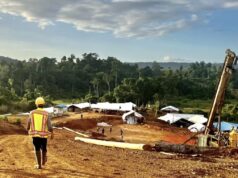The Houston area has become a hub for oil and gas services. But according to Shadow Minister for the Petroleum Sector, David Patterson, the emergence of new businesses and the expansion of pre-existing services in the residential area, are happening as though Guyana is the wild west.
Patterson was keen to note that this state of affairs was born from two main circumstances–ExxonMobil’s crucial need for shore base services and the APNU+AFC’s support back in 2015 for first oil to be achieved as quickly as possible.
The politician made the foregoing admission to his fellow parliamentarians on Friday.
Patterson was keen to highlight the consequences that resulted from the APNU+AFC’s support for ExxonMobil’s rush to first oil and the subsequent development of a shore base at Houston. Patterson noted that hundreds of city dwellers are often inconvenienced by the heavy traffic that plagues the East Bank road. But more alarming to Patterson is the increasing environmental and health hazards due to chemical spills and burns from operations in the Houston area. He said too that GYSBI’s operations even led to a sluice being closed and a canal being blocked so that its work could not be hindered.
During his presentation to the National Assembly, Patterson noted that the APNU+AFC had never intended to have shore base operations in Houston because it is a residential area and no industrial work, according to its land title, should be permitted. He noted however that ExxonMobil soon began awarding certain contracts to Muneshwars which quickly formed the Guyana Shore Base Inc. (GYSBI). He admitted that the former administration had allowed this to continue even though no feasibility or impact studies were done.
While the government allowed this proverbial horse to escape the stable in 2017, Patterson stressed that it was done to get first oil as quickly as possible. Patterson said, “The coalition government supported the initial operations, however, we committed to ensuring that future development was done in a structured manner. To achieve this, we were moving to establish industrial zones/areas, where future bases can be constructed, as opposed to allowing a free for all.”
He said this was the reasoning that informed his decision to bring a motion before the House in March, calling for a special land policy for shore bases.
Despite its intention, the motion was not supported by the government and was therefore defeated.













